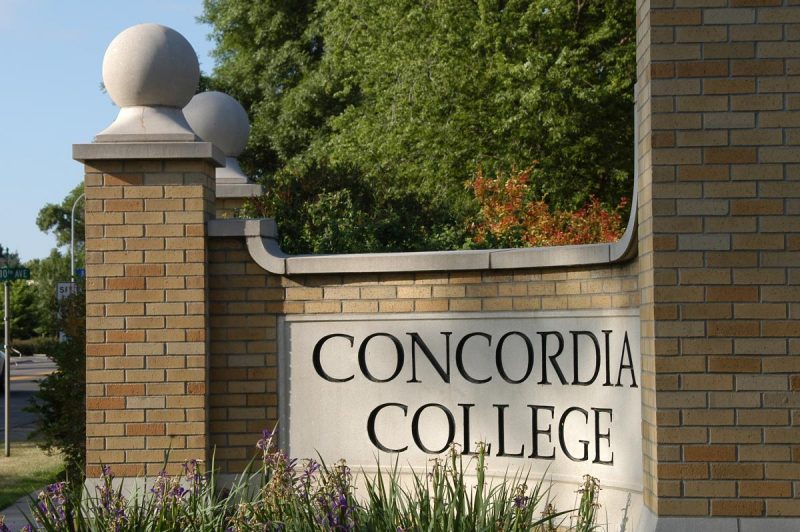Neurochemistry has been one of my favorite classes that I’ve taken in college, and one of those reasons is because of the learning environment that was fostered within the class. At Concordia, I have been able to further develop both the concepts of how I learn and why I learn. Neurochemistry allowed for this learning to be expressed through reflection of topics, memorization of certain pathways, and collaboration in group discussions. In other words, there were a-ha moments of learning, chugging along moments, and listening moments, all of which were able to teach me different things. In high school I didn’t think I necessarily enjoyed learning, but in college, and specifically through classes like Neurochemistry, I’ve realized that learning is one of my favorite activities, as odd as that sounds for a hobby.
In the future, I hope to make a difference in whatever avenue of work I choose to go down. This means being able to communicate effectively with a myriad of people and establish connections that are meaningful and purpose-driven. This pertains to my career (hopefully as an applied psychologist), and socially, wherever I end up living. A lot of this course stemmed from discussing complex scientific topics and further solutions for the problems that arise from such topics. This in and of itself is meaningful, as these solutions have the ability to affect countless people. Even if we were simply learning more about the topics and didn’t actually go do lab work or something similar, becoming informed and knowledgeable is the first step to being able to make a difference, and I think this class did a great job of transmitting knowledge.
Speaking about becoming informed, I believe that liberal arts learning is about learning from a wider breadth than seems like is necessary with the intent to broaden one’s view of the world. Being able to understand people other than your “own” is such a crucial part of viewing the world through a responsible lens. I believe Neurochemistry was a great environment for this because of the diverse backgrounds of study that came into the class, such as biology, chemistry, psychology, and neuroscience to name just a few. This meant that discussions were filled with people speaking to their expertise, which allowed more learning to happen than with a monomajor class. This added learning was able to occur because of the discussion, as other classes might have some variance in background, but few classes discuss things to a level that uncovers those differences. Being interdisciplinary is the key to a liberal arts degree, and this class was able to provide a solid exposure to that.
Our ability in class to start with a complex academic topic, deduce and discern important information by analyzing it in an efficient manner, and then translate that information into a few sentences or a brief discussion with the people around us is a difficult skill that I would argue even a lot of college students don’t possess. I would call this critical thinking, or maybe analytical deduction, which I think is one of the main skills that I developed further within this class. For me the difficult part has always been the translation of topics into words and summarized segments, and I think on the goals for liberal learning it would be referring to having “transferable intellectual capacities”. Neurochemistry gave me ample opportunity to practice that however, and I do feel like I’ve gotten better at putting ideas and concepts into a more presentable (and understandable) format.
I’ll restate what I said at the beginning of this post, and that is that neurochem has been one of my favorite classes at Concordia. This wouldn’t have been possible without the enthusiasm of the people that took it with me, along with the leadership and guidance of Dr. Mach. The topics were interesting, applicable, and important for the health of people everywhere. Thanks for a great class!
